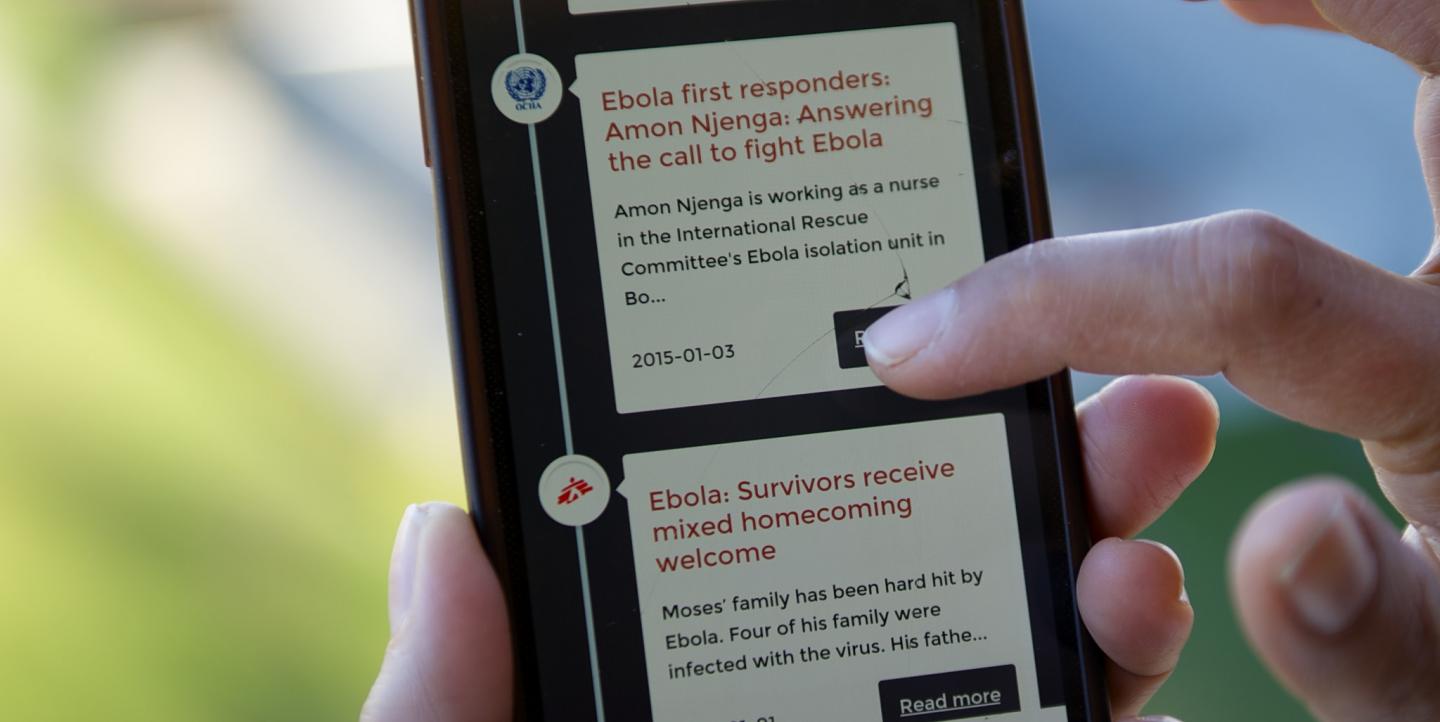Google unveils the "Accelerated Mobile Pages Project," Facebook tests emoji for users in Ireland and Spain, and more in this week's Digital Media Mash Up, produced by the Center for International Media Assistance.
Google enables super fast news for smartphones — if you don't mind ads
Google thinks you're going to be bored by the end of this sentence.
That's about the attention span, they say, of the average mobile user. If you don't hook 'em in a few seconds, you've lost 'em.
This is the ethos behind Google's newest project, which offers an easy way to strip down web pages and make them leaner and faster. Aimed initially at media companies, the framework means news stories that once took many seconds to load now come up almost immediately. (Jason Abbruzzese, Mashable, 10/17)
Facebook to test emoji as reaction icons
Despite the billions of “likes” bestowed on Facebook posts every month, something has been missing: an option to express a different emotion.
On Thursday, Facebook announced it will begin testing six new emotional reactions that you can convey with a simple emoji, similar to the thumbs-up “like” icon that the social networking service has made so famous. (The New York Times, 10/9)
How annotation can save journalism
My dream job —
Over the past few months, I've been experimenting with Genius, a tool that allows you to annotate any text on the Web. And I am here to tell you that I think Genius — and, more broadly, annotation of both original texts (
CIMA offers the Mash Up free via email. Sign up here.
Main image CC-licensed by Flickr via ITU Pictures.


